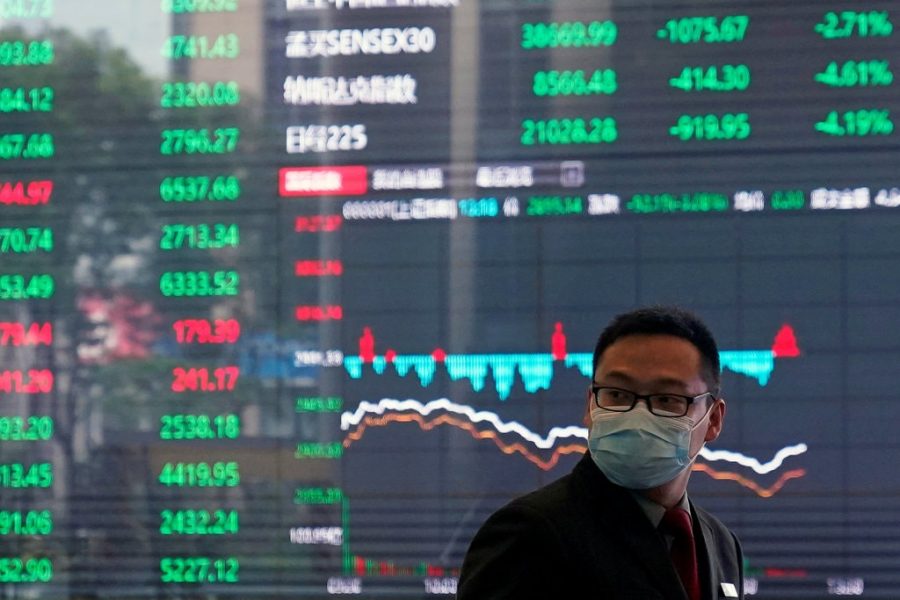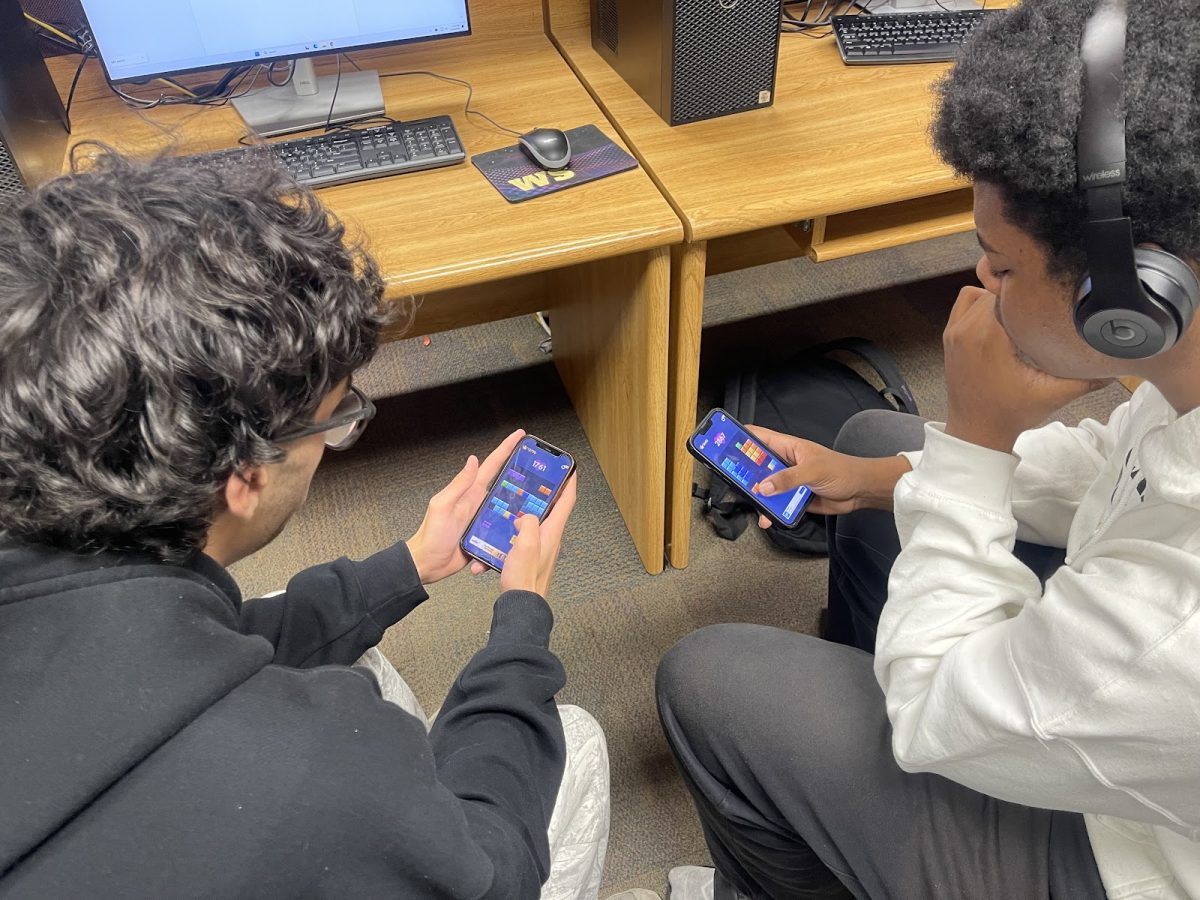How a pandemic forced an economic crisis
May 13, 2020
As we enter the beginning of a new decade, the biggest unexpected turn to a seemingly normal start of the year is the rise of the Coronavirus. Emerging as a pandemic, rates top upwards of almost three million cases worldwide as of April 21, 2020.
To stop the spread, government officials have closed almost any event or place that would be risking the health and safety of the American people and urging citizens to practice social distancing and stay home. Nationwide, all major sporting events, theme parks, concerts, conferences, festivals, and airline flights are being canceled or postponed. In Florida alone, all beaches, restaurant dining, and public schools are closed on top of national regulations.
As Americans all confide in relatability from the safety of their homes, it’s becoming more apparent that our daily lives have slowed to a crawl. With most of us not going outside, our streets are empty and our businesses continue to close. As cases rise, America is in the middle of an economic crisis.
Initially, as our government representatives painstakingly thought about a temporary solution to this ever-changing virus, the unexpected toll on American jobs in the wake of infection is more serious than the country could’ve ever expected. According to The Washington Post as of April 9, 2020, “over 16 million Americans have filed for unemployment since the week of March 21.” In addition to this, our stock market is also taking a toll. According to BBC News, “The Dow and the FTSE [two major global shares] recently saw their biggest one day declines since 1987.”
With major corporations and small businesses alike struggling to stay afloat, some have opted to furlough their employees, restrict them to only work that can be done online, or to completely lay them off. While the general public struggles to find a new source of income, what does this mean for the economy?
Most economic recessions happen internally, such as poor management or high-interest rates. Despite that, the most shocking part of the problem is that this economic recession was the cause of an external issue. The pandemic itself has forced the country to shut down; the economic instability we all face at the moment is a result of something that simply isn’t our fault. Everyone is getting hit and everything is collateral damage, it’s now become a personal and emotional problem to this whole country.
Above all, is there any hope? On March 27, 2020, President Trump signed a two trillion dollar economic stimulus bill, the Coronavirus Aid, Relief and Economic Security (CARES) Act into law, providing not only small business relief and unemployed financial aid but also no cost testing, delayed payroll taxes, 401k loans and much more.
Even in the moments where it might seem like there’s no feasibility that this will ever change, it will. However, the most important thing any American can do right now is to stay home. We’re in this fight together, and the sooner we all step down and stay away, the closer we’ll all be to returning to our normals. Don’t forget to wash your hands!











